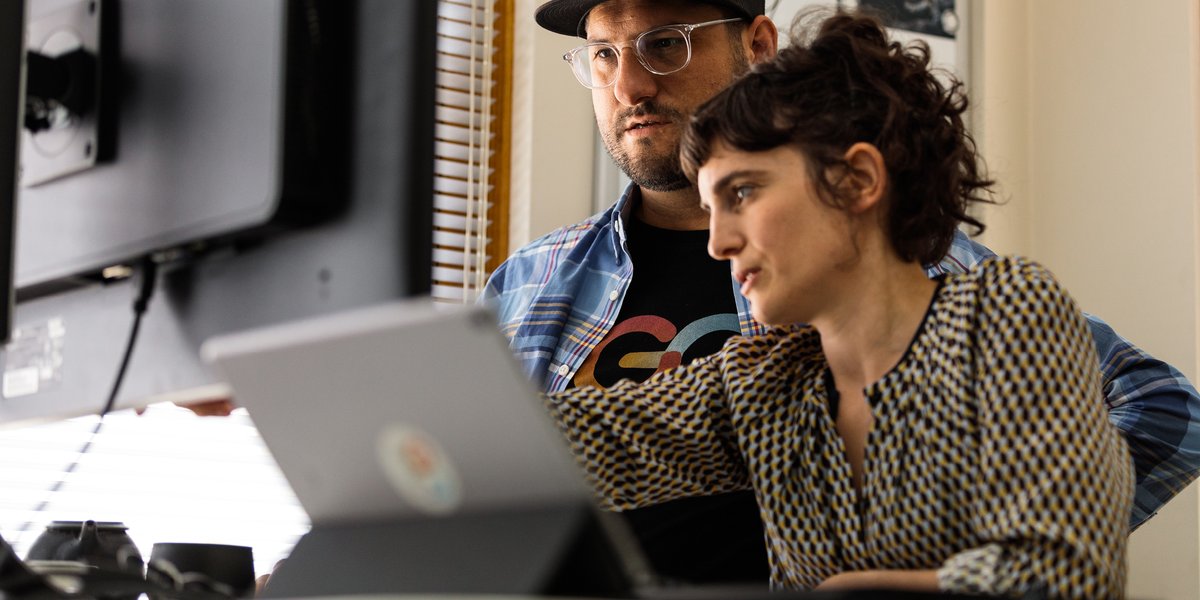Bradley Munnings
"The stuff that really matters is to bring people along. What I really like about the crypto community is that people want others to learn and succeed."
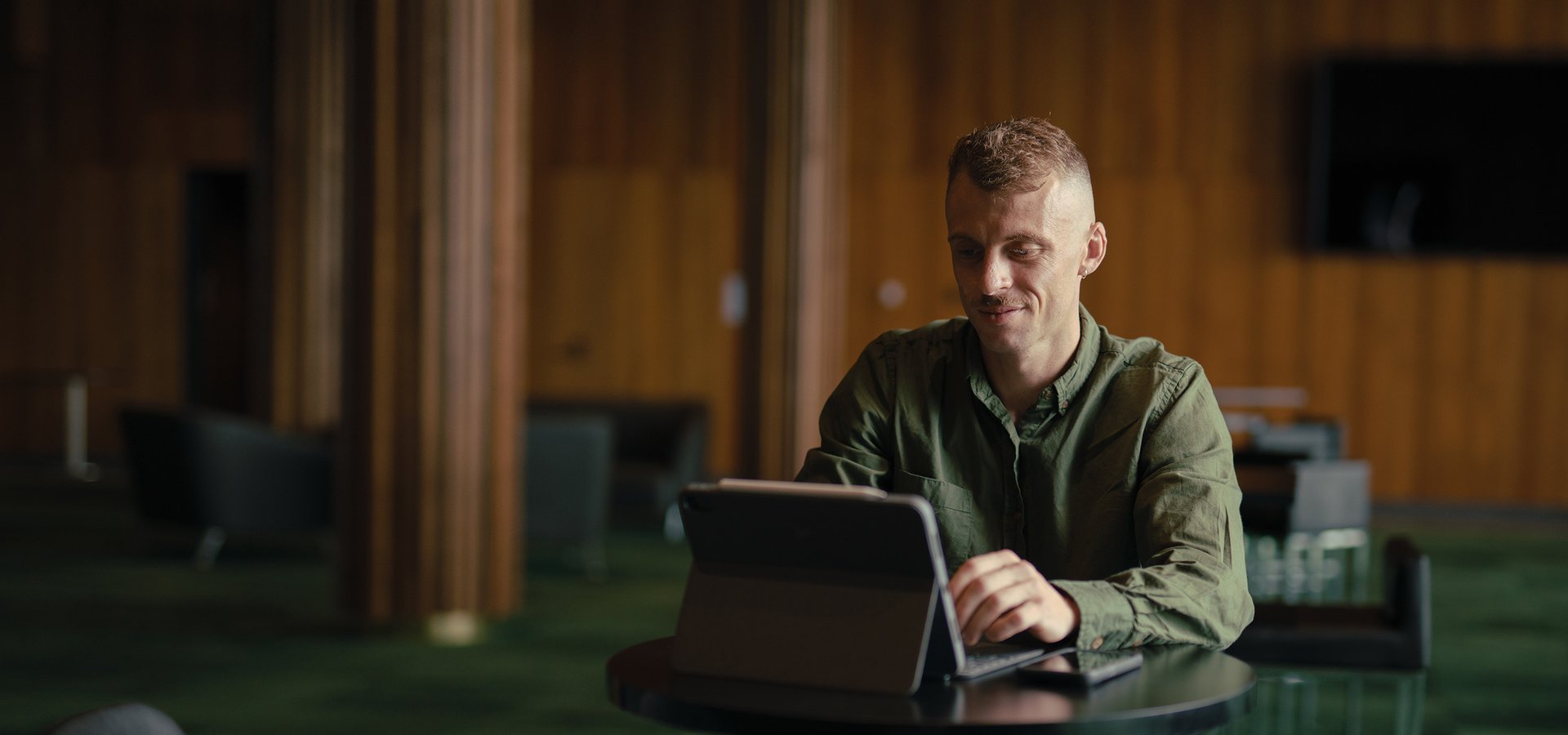
"We were having a classic West Hobart night at the Marquis Hotel, in the 7000 post code, and came up with the name over a few Cascade lagers. We want to build NFT culture here, and pride in being Tasmanian. It seemed obvious."
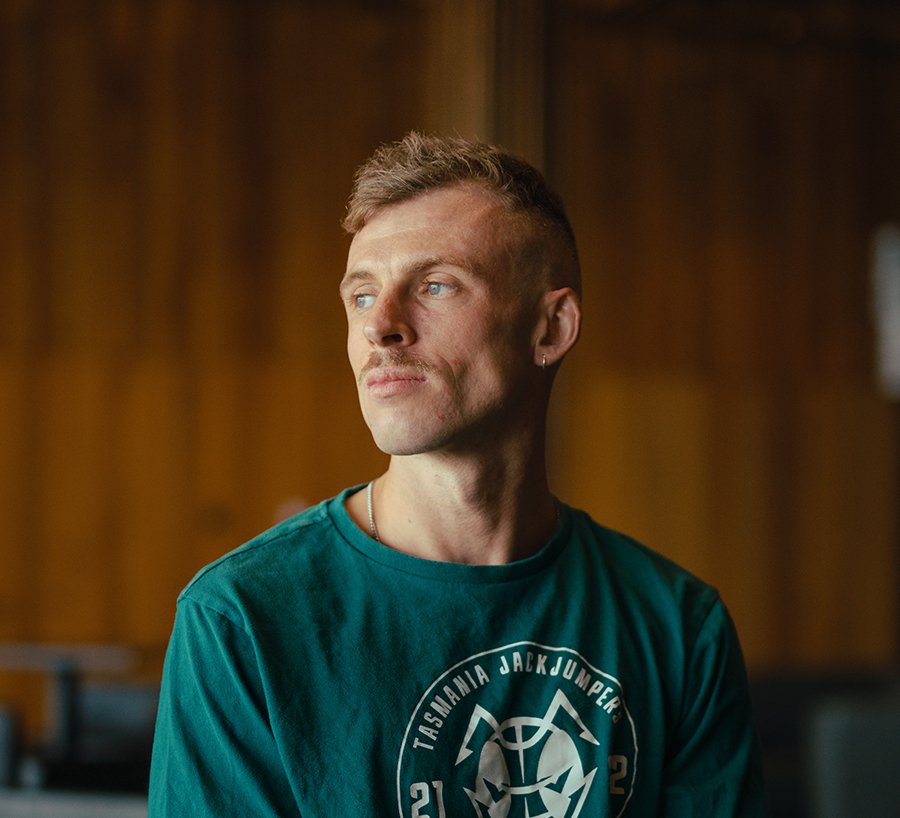
The new economy means that—for some people—it doesn’t matter where we live if we have quick internet, easy access to nature, and a passion.
In 2011, like a lot of young people, Bradley Munnings left Tasmania. He had just been through a tragedy, losing a friend at a young age in an industrial accident, so he joined the Royal Australian Navy. He saw the world as a tactical air traffic controller, had some intense moments, met amazing people, and devoted himself to safety.
“I left Tasmania because it wasn’t easy to breathe,” he says, about the pain of losing his friend and the inability for others to understand how it felt. “But when I came back, it was.”
Bradley found a secure and meaningful job at Metro Tasmania, looking after workplace health and safety. COVID inspired him to reflect on principal moments in his life, and on what was most important to him.
“And to make improvements,” he says. “What makes me happy, who I am, what I want. Once I started working on this, good things started to happen.”
His best friend’s tragedy, his career in the Navy, and his time at Metro Tasmania reinforced a few of Bradley’s core values – including regulations. In early 2021, his interest in sports led to an interest in an emerging market: NFTs, or non-fungible tokens.
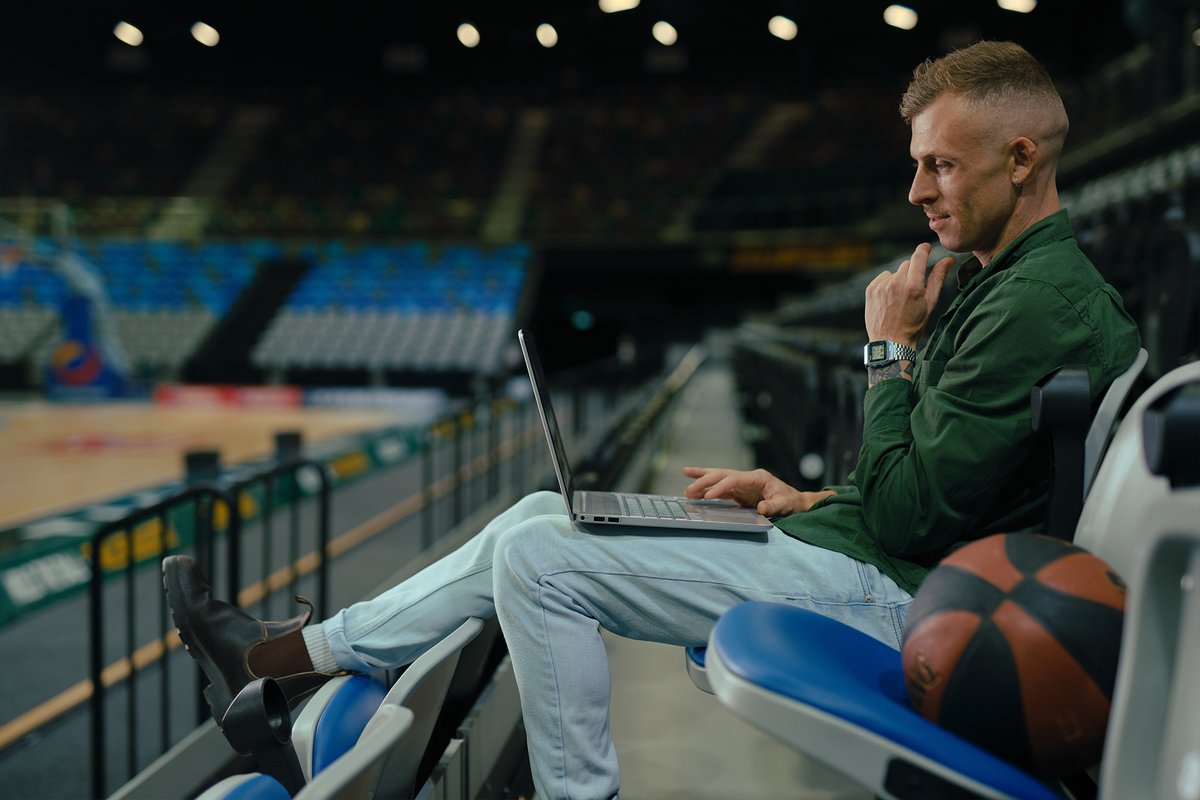
On the other side of the world, in America, the National Basketball Association was updating an old idea. A generation ago, kids traded physical trading cards. Now they could trade digital versions of them, NBA Top Shot, and blockchain technology was making it both easy and hard.
“I started investing, researching, and then engaging in the community,” says Bradley.
There was an opportunity to apply for a volunteer position, as a moderator, and in a very short time Bradley’s skills in applying rules and regulations, and spotting problems, were becoming valuable. The top people in NBA Top Shot, and in NFTs, were noticing him.
They asked Bradley: did he want to do this full-time?
Any digital object, from a work of art to sound and video, can be tokenised and traded. The “fungible” part of a non-fungible token means it can’t be changed or altered. When you buy an NFT, you are buying an original – backed by a public ledger called a blockchain. If you buy a piece of visual art as an NFT, it’s like owning a painting by John Glover. Others might have posters of the Glover in their homes, but you have the original and you can prove its provenance.
Bradley took the leap. He left his permanent job with a government organisation and became one of a very few NBA Top Shot employees just as the market – and global interest in NFTs – exploded. His first day was during All-Star Weekend, one of the wildest times of the year for the NBA.
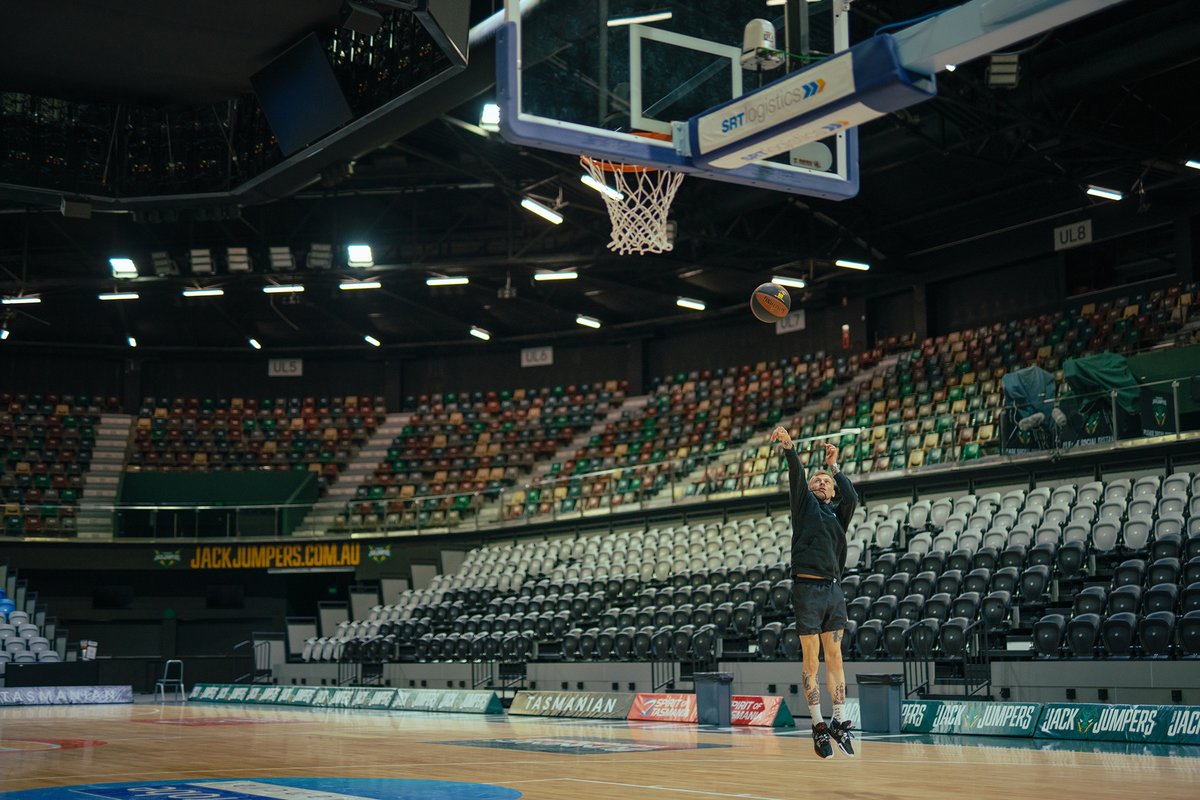
“The growth was ridiculous,” he says. “We went from 10,000 users to hundreds of thousands overnight.”
Bradley moderated online conversations, he uncovered and shut down suspicious and fraudulent activity, he learned a lot, and started to meet plenty of Australian and global sports figures who were getting involved as Top Shot collectors. He was invited to the AFL Grand Final in Perth, in rather nice seats. Just a year and a half into his year of NFT adventure, he’s mentoring stars as well as regular folks who reach out to him for advice.
“The stuff that really matters is to bring people along,” he says. “What I really like about the crypto community is that people want others to learn and succeed.”
Rather than build Bradley’s ego, taking a risk and succeeding has made him humbler. “I see more than ever that vulnerability is a sign of strength, not weakness,” he says.
This attitude helped him see that working 20-hour days for a preposterously busy American company was not healthy, long-term. So Bradley resigned, on good terms, as one of the top people in NFTs in Australia.
Today, he could live anywhere in the world.
“This is where I want to be,” he says. “I own a house in Geilston Bay and I’m not going anywhere.”
So he started his own NFT company based in Hobart. He and his co-founders called it 7K Labs.
“We were having a classic West Hobart night at the Marquis Hotel, in the 7000 post code, and came up with the name over a few Cascade lagers,” he says. “We want to build NFT culture here, and pride in being Tasmanian. It seemed obvious.”

We worked with southern Tasmanian photographers OI Studios for this Tasmanian story.
Read about more Tasmanians
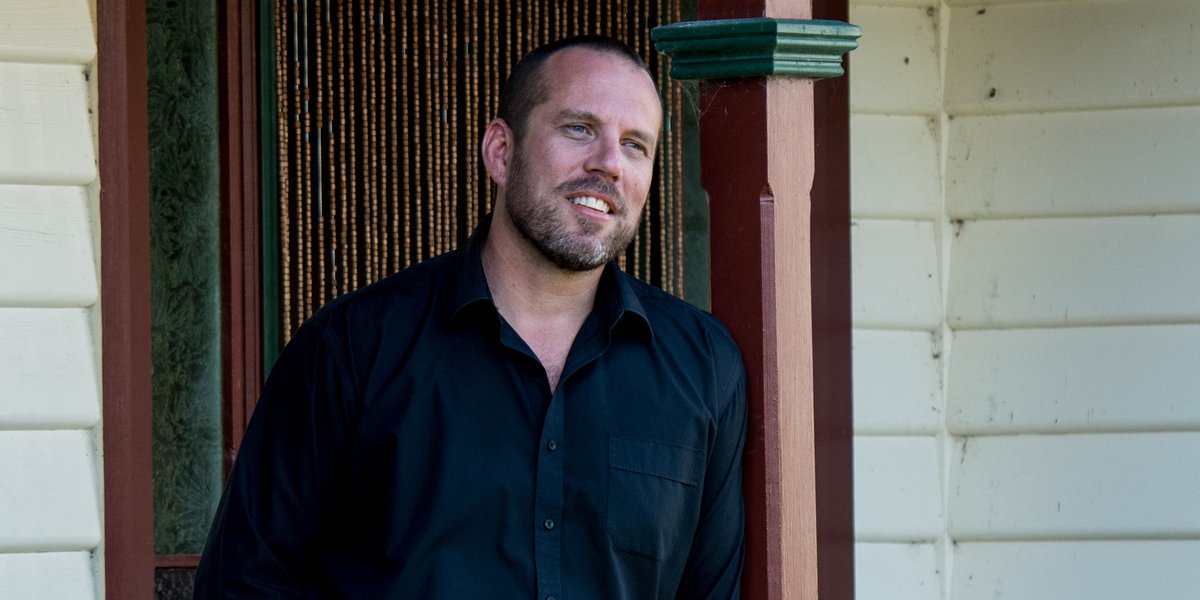
David Shering
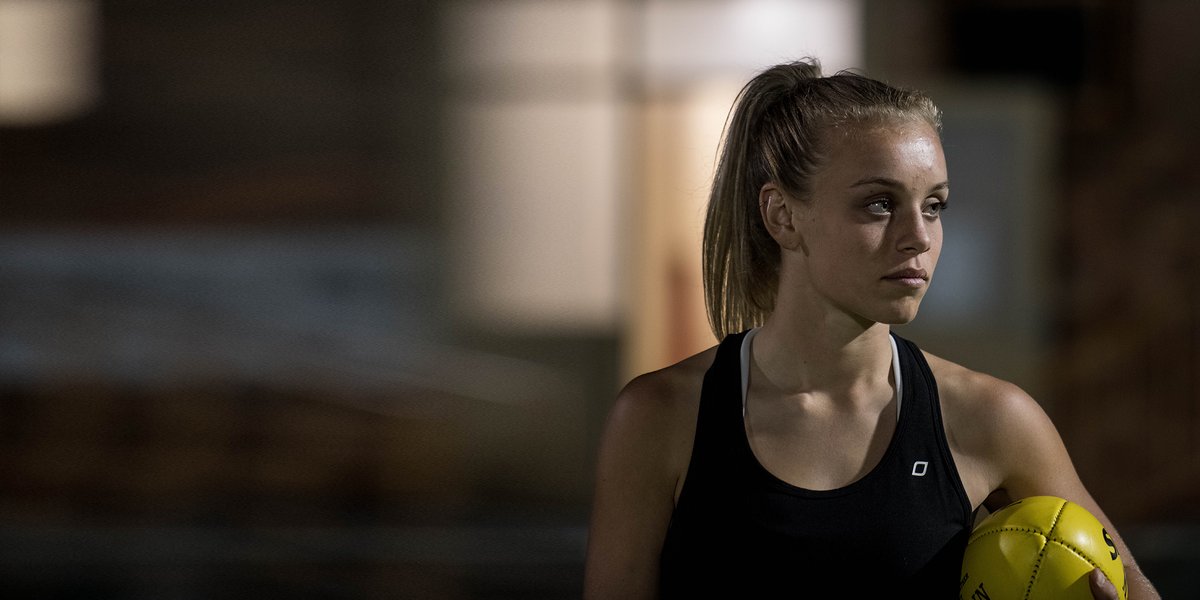
Jemma Blair
